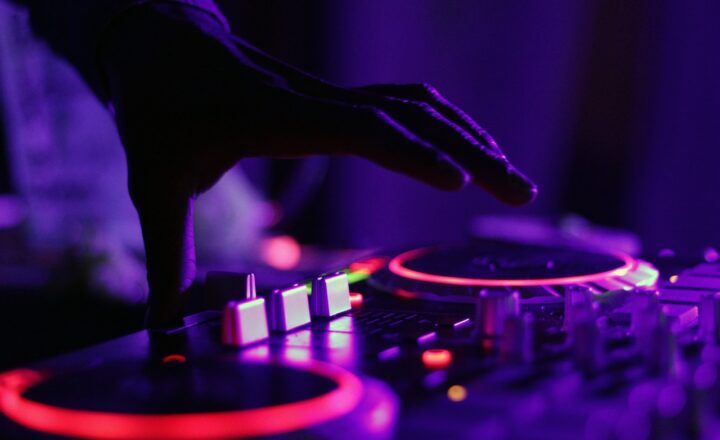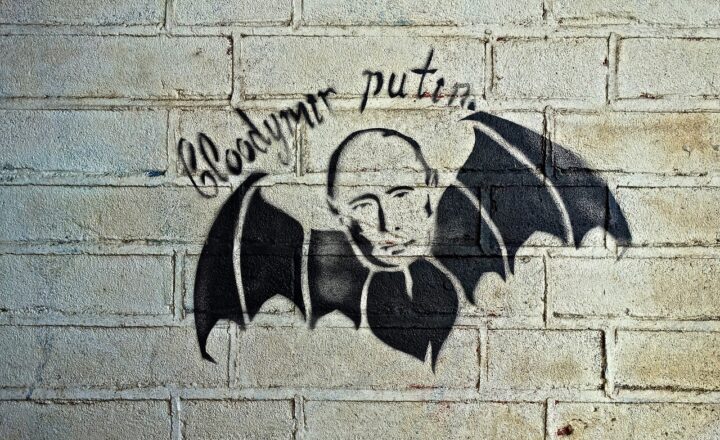
The dawn of the 2000s ushered in a seismic shift in music and pop culture that forever altered the landscape of entertainment. With the rise of digital technology, a new generation of artists emerged, and existing genres evolved explosively. This era saw the birth of the pop-punk phenomenon, the rebirth of hip hop as a dominant genre, and the explosion of reality television—all of which left an indelible mark on the cultural zeitgeist.
1. The Rise of Technology: The Internet Revolutionizes Music
The 2000s witnessed the rise of the internet as a formidable platform for music distribution. Services like Napster and LimeWire allowed users to share music files freely, radically changing how people accessed their favorite songs. This shift had both positive and negative consequences. On the one hand, it democratized music access; on the other, it posed a threat to the music industry’s traditional revenue streams.
Peer-to-Peer Sharing: The introduction of peer-to-peer (P2P) file-sharing platforms transformed how audiences interacted with music. Artists like Radiohead and Nine Inch Nails began to experiment with releasing music directly to fans online, bypassing record labels altogether.
Digital Downloads and Streaming: By the middle of the decade, platforms like iTunes emerged, making it easier for consumers to purchase music legally and conveniently. This experience was further enhanced by the advent of streaming services like Spotify and Pandora toward the end of the decade, paving the way for the music consumption models we see today.
2. Pop-punk and Emo: The Soundtrack of a Generation
The 2000s were marked by a new wave of pop-punk bands that struck a chord with disaffected youth. Bands like Blink-182 and Green Day led the charge, bringing energetic riffs and relatable lyrics to the forefront of mainstream music.
The Emo Movement: Emo, a subgenre of punk, gained massive popularity in the early 2000s, with bands such as My Chemical Romance and Fall Out Boy dominating the airwaves. Their music spoke to themes of heartache, alienation, and emotional introspection, resonating powerfully with young listeners.
Pop-punk Icons: The decade witnessed the rise of icons like Avril Lavigne, whose catchy anthems like “Complicated” and “Sk8er Boi” captured the spirit of rebellion among teenagers. Lavigne, along with others, became a face for youth culture, embodying the DIY ethos of punk with mainstream appeal.
3. Hip Hop: A Cultural Powerhouse
Hip hop emerged as one of the most influential genres of the 2000s. With artists like Jay-Z, Eminem, and 50 Cent leading the charge, hip hop’s crossover into mainstream culture brought a new narrative of success, street authenticity, and cultural commentary.
Commercial Success: Eminem’s album “The Marshall Mathers LP” became the fastest-selling hip hop album, while 50 Cent’s “Get Rich or Die Tryin'” dominated charts, selling millions of copies worldwide.
Cultural Impact: Hip hop also shaped fashion, language, and lifestyle, becoming a cornerstone of youth identity. Artists became brand moguls, with many crossing over into film, television, and even politics.
4. Incorporation of Diverse Genres: The Fusion Era
The 2000s were characterized by an eclectic blending of genres, with artists increasingly defying traditional boundaries. This era saw the emergence of crossover hits that fused pop, rock, and electronic influences.
Collaborations: Artists began collaborating across genres more than ever, leading to hits like “Numb/Encore” by Jay-Z and Linkin Park and “Promiscuous” by Nelly Furtado and Timbaland, showcasing the potential of genre fusion.
The Emergence of Electropop: Electronic influences began permeating mainstream music, paving the way for artists like Lady Gaga and Britney Spears to revolutionize pop music with infectious beats and visually striking performances. Lady Gaga’s “Just Dance” and Britney Spears’ “Toxic” became landmarks of the era.
5. Reality Television: The Birth of Celebrity Culture
Reality television exploded in popularity during the 2000s, creating a new paradigm for fame and celebrity. Shows like “American Idol” transformed budding artists into household names, while “Keeping Up with the Kardashians” redefined what it meant to be a celebrity.
Talent Shows: “American Idol,” launched in 2002, uncovered talent like Kelly Clarkson and Carrie Underwood, giving rise to a new generation of pop stars, often created by audience votes and public opinion.
The Kardashian Effect: The debut of “Keeping Up with the Kardashians” in 2007 signified the blending of reality television with brand marketing, effectively showcasing how personal branding became vital in a media-saturated world.
6. The Globalization of Music: Influences Beyond Borders
The 2000s also witnessed the globalization of music, with artists from diverse backgrounds breaking into the mainstream. Latin pop became increasingly influential, embodied by figures like Shakira and Daddy Yankee.
Reggaeton Explosion: Songs like “Gasolina” by Daddy Yankee brought reggaeton to global audiences, reflecting how genre boundaries were blurring and cross-cultural influences proliferated.
K-Pop’s Rise: By the end of the decade, K-Pop started to emerge as a formidable force, setting the stage for future global superstars like BTS and BLACKPINK, who would dominate with their unique sound and high-energy performances.
Conclusion: A Transformative Decade
The 2000s were nothing short of transformative for music and pop culture. As technology reshaped the way audiences accessed music, genres evolved and fused in innovative ways. In a climate where reality television was becoming the new standard for celebrity, the decade laid the groundwork for trends that continue to influence music and culture today.
With the rise of pop, hip hop, and the blending of diverse influences, the 2000s continue to be a reference point for artists, shaping how they approach music creation and engagement with fans. The legacy of this remarkable decade resonates in today’s musical landscape, underscoring its lasting impact on entertainment and beyond.






